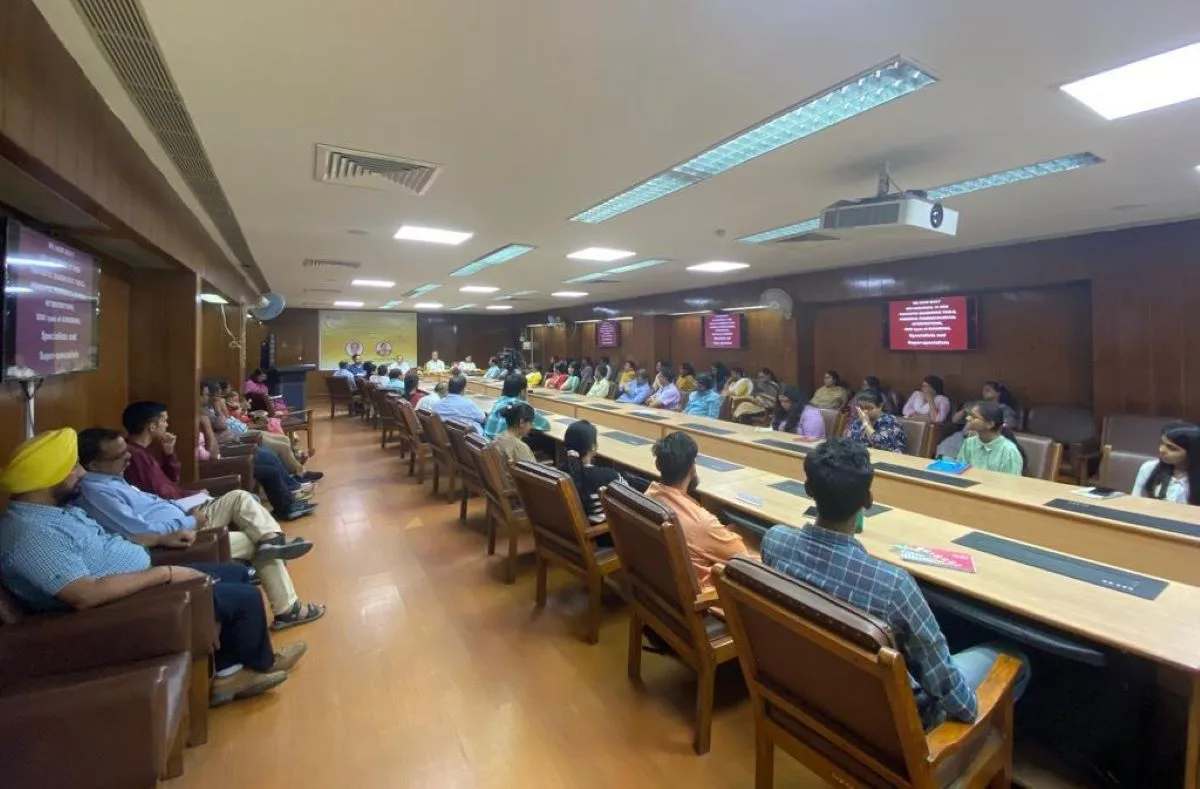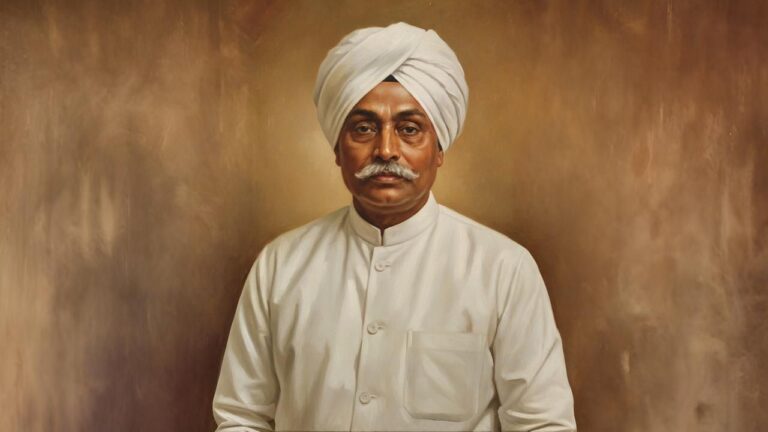
CSIR-NIScPR Organised NIScPR-SVASTIK Lecture on ‘Yoga for Vasudhaiva Kutumbakam’
CSIR-National Institute of Science Communication and Policy Research (NIScPR) recently hosted a momentous event under its SVASTIK (Scientifically Validated Societal Traditional Knowledge) division – the fourth session of the NIScPR-SVASTIK Lecture Series. SVASTIK, a PMO monitored initiative coordinated by CSIR-NIScPR, aims to promote evidence-based traditional practices and knowledge among the public, fostering a sense of pride and confidence in our inherited wisdom.
The lecture, titled “Yoga for Vasudhaiva Kutumbakam,” brought together distinguished scholars, researchers, Yoga practitioners, and enthusiastic participants to explore the profound philosophy of Yoga and its relevance in uniting humanity as a global family. The event commenced with an insightful Welcome Address delivered by Hasan Jawaid Khan, Chief Scientist, CSIR-NIScPR, who set the stage for the enlightening sessions to follow.
The highlight of the event was the captivating Keynote Address presented by Padma Shri Dr. H R Nagendra, Chancellor of S-VYASA University, Bengaluru. Dr. Nagendra’s profound knowledge and expertise in Yoga mesmerized the audience as he eloquently expounded on the transformative power of Yoga in uniting humanity and realizing the concept of ‘Vasudhaiva Kutumbakam,’ which signifies that the world is one family. His address left the attendees inspired and motivated to integrate Yoga into their lives for personal and collective well-being.
The NIScPR-SVASTIK Lecture Series is a commendable effort to promote and disseminate scientifically validated traditional knowledge. Under the guidance of Prof. Ranjana Aggarwal, Director CSIR-NIScPR, and a Steering Committee of eminent experts, a team of dedicated scientists from CSIR-NIScPR launched the national initiative “SVASTIK” with the goal of sharing evidence-based traditional practices and knowledge with the public.
As part of this initiative, simplified and creative content on scientifically validated Indian traditional knowledge has been disseminated through digital platforms in both English and various Indian languages. To date, 37 such stories have been shared across nine traditional knowledge domains in English and 17 Indian languages. The initiative can be accessed through the handle @NIScPR_SVASTIK on popular social media platforms.
The NIScPR-SVASTIK Lecture Series and the broader SVASTIK initiative serve as vital steps toward preserving and promoting our rich traditional knowledge while also embracing the advancements of science. By bridging the gap between traditional wisdom and contemporary research, CSIR-NIScPR aims to empower individuals with invaluable knowledge that can enhance personal well-being and contribute to a harmonious global community.
The event showcased the significance of preserving and disseminating scientifically validated traditional knowledge through initiatives like SVASTIK, bridging the gap between the past and the present for a brighter future.






